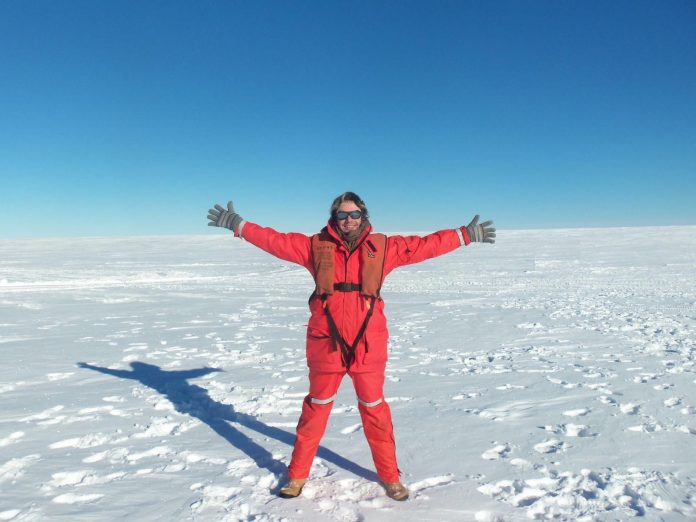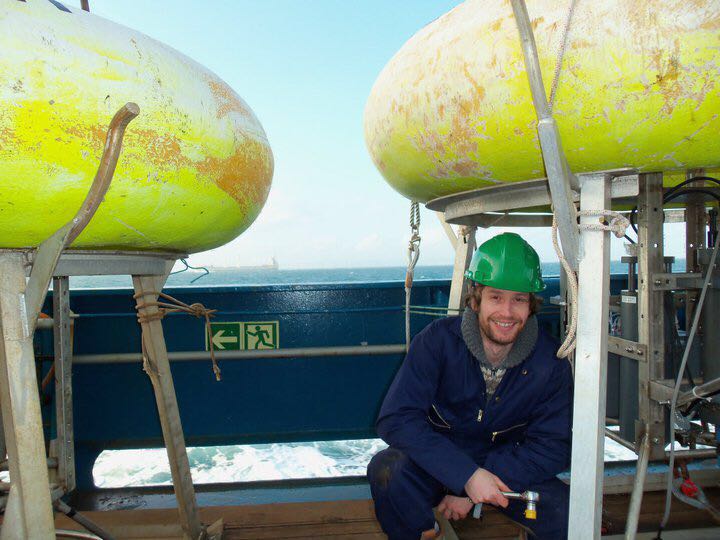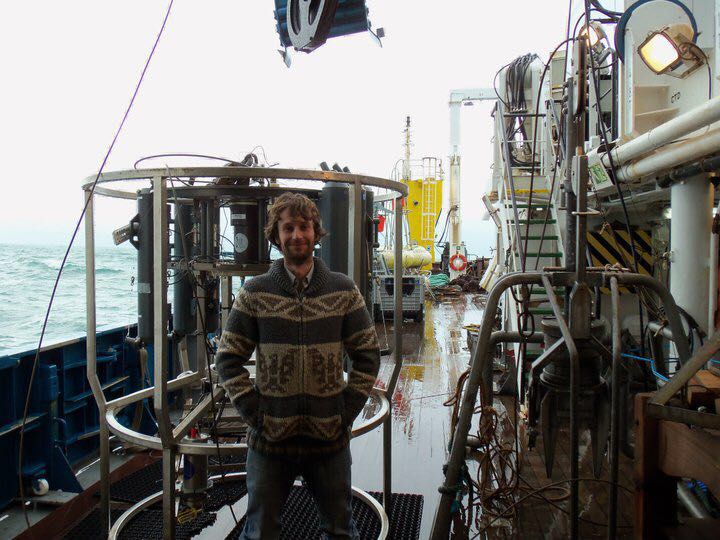As a mature student, are you concerned that time before rejoining university was now maybe a waste or that possibly you’re going to be disadvantaged by it? Dr Douglas Hamilton shares his mature student experiences and shows students, of all ages, what can be achieved by creating your own luck and grabbing opportunities that come your way.
Like many, I usually dread that question: a spectre of the unknown road ahead. It crops up consistently throughout school, college, university, work … even my personal life is not immune. People mean well when asking, but if we’re going to be honest here who really has that 10-year plan down when entering any new chapter in life? If this sounds at all familiar to you then I’d like to share some insights as to why that was not just okay but turned itself into some great opportunities for me.
My road to higher education was more scenic than the one presented by the careers advisor at school. It involved taking a gap decade rather than ‘The Gap Year’. But by taking my time I was slowly preparing myself for academia in ways that school did not, and could not, teach me. Fresh out of school, I excitedly took my first job at the House of Mouse. Disney was perfect for my age, an outlet for energy and optimism, all aided by that little sprinkling of fairy dust. But what I now realise is that I was learning about deadlines, responsibility, achieving targets and, most importantly, how to have fun and love your work. This last point has stayed with me into my academic career. Your attitude is your own so take time to own it, lest it owns you.
Taking a break between school and university is perhaps not as common in the UK as other countries; other cultures embrace a more positive outlook on gap years and many governments impose a mandatory national service. In global terms we are almost fast tracked through academia in the UK: in most countries it takes at least one more year to complete an undergraduate course and two-or-more years at postgraduate level. This can allow time to contemplate your future, and have some fun, whilst remaining competitive in an increasingly global market. I found that time out gives head-space to sort priorities. I mostly failed my A-Levels yet passed top of my year at University a decade later. This was not because my scientific knowledge had increased; in fact I had forgotten most by the time I re-entered academia. The crucial change was in my commitment to education, which was lacking at 18. Once I had seen the shade of the grass on the other side it strengthen my purpose and I was never nagged by doubtful thoughts of “Is this what I really want or am I doing this because it is expected of me?” during my undergraduate life.
Finally, make your own luck. There’s a clichéd old saying: “It’s not what you know, but who you know”. But how can you get ahead if you don’t know anyone, right? Network as much as you can and definitely don’t be wary of talking to people – especially those who inspire you. Academics love talking about their work; give them a platform (and a beer!) and opportunities will have a way of presenting themselves.
By being a bit un-British and taking chances to throw myself out there some excellent opportunities arose, including studying the Eyjafjallajökull volcanic eruption in Iceland for my undergraduate thesis, going on research cruises – one of which went to Antarctica! – and I am now enjoying my research in climate science at Cornell University. None of this would have been possible had I not taken the initiative and engaged with several faculty members about their work, or played ‘office ping-pong’ as one lecturer put it. So forget about your worries and your strife; put yourself out there the necessities of life will come to you.
Make good decisions, make bad decisions, make a few terrible decisions. But don’t make any rushed decisions. University is a significant investment of time and money. When investing so much, be sure, and enjoy the experience to its full!










